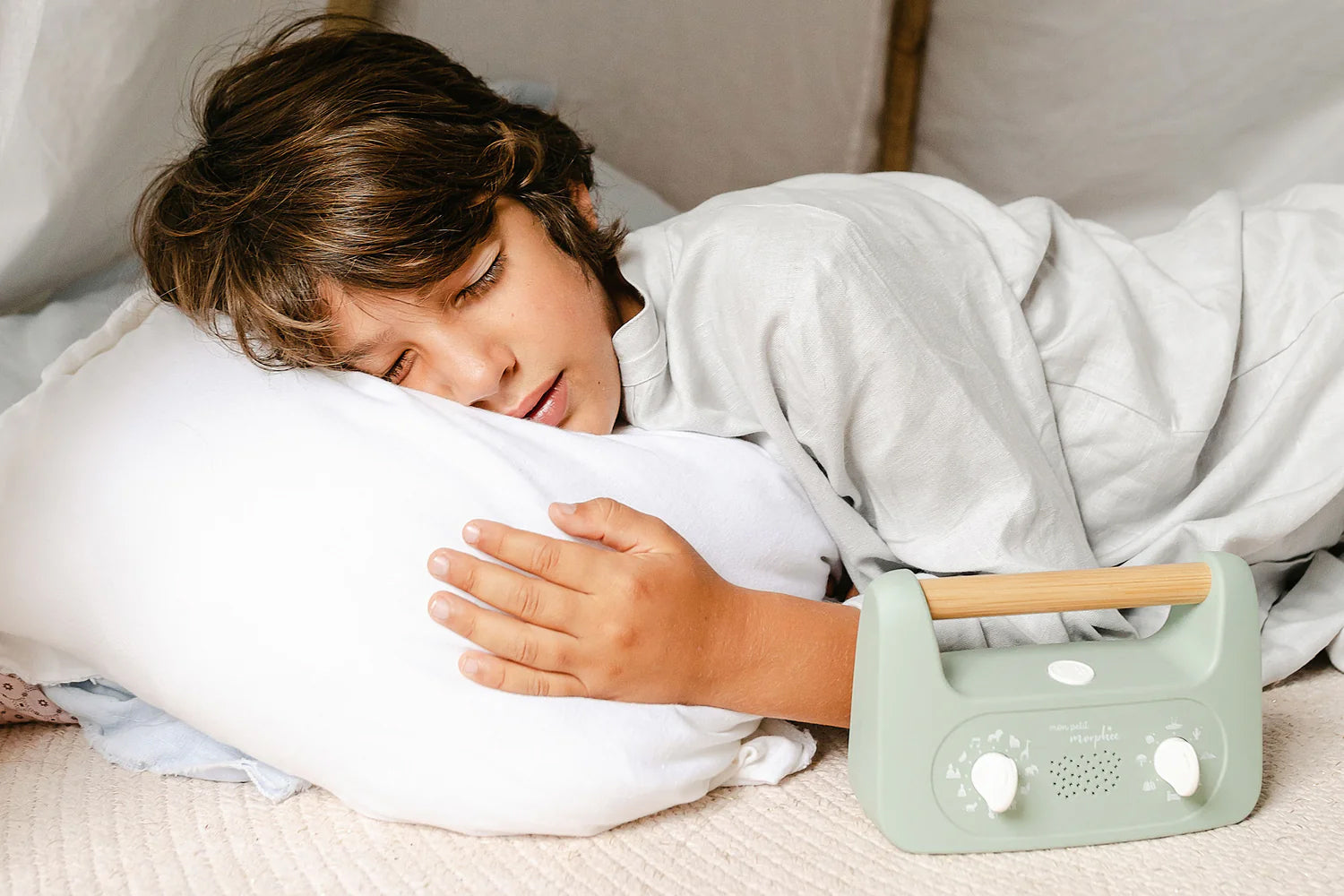It's natural for us to want our children to perform their best academically. And when common sense prevails it’ll tell us that better grades lead to a more positive trajectory. However, anxiety and depression rates are increasing among teens, particularly those at ‘high achieving’ schools.
So, the question is:
What do we know, and what can we do to protect and support our children to alleviate some of that anxiety and help them achieve their best at the same time?
The first step is to put away their phones [easier said than done, I know, but just hear me out on these alarming stats].
I recently read an article about a study showing that undergraduates who were instructed to leave their phones in another room performed better on cognitive tests than those who silenced their phones and left them face-down on their desks. What's even more alarming is that students who claimed they weren't thinking about their phones still experienced a loss in ability, indicating some level of unconscious distraction.
My son is a bright, well-adjusted teen, but even he struggled to focus with his phone in the room. Every time it pinged; the interruption set him back by what felt like twenty minutes in a forty-minute session. For his recent exams, I actually took his phone out of the room between study sessions and only allowed him access during breaks. As you can imagine, at the time this went down like a lead balloon, but it definitely made a difference.
Interestingly, when I shared these sentiments with some of my friends, they admitted they’d struggle to take their children's phones away, which is really concerning. This journal isn’t about telling others how to parent but about highlighting that having a phone in the same room while studying offers no advantage. None at all. Removing it and placing it in another room can help them achieve better results and save you from paying for extra lessons.
Understanding the Impact of Digital Distractions
Another point is that many children struggle with shifting between tasks, controlling impulses, and getting organised - essential skills for homework. Phones make it even more difficult for them to retain information and focus. Additionally, these children are under immense stress, and the buildup to exams is significant. Technology only exacerbates this stress.
Beyond the immediate academic implications, there’s also a long-term impact on their overall development. Children who are constantly distracted by their phones may struggle with developing deep focus, a skill crucial for success in higher education and professional settings. Studies have shown that multitasking, especially involving digital devices, can reduce cognitive performance and increase stress levels.
Alternative Solutions for Managing Stress and Focus
Most parents don’t realise that they could significantly reduce their teen’s anxiety and exam stress by giving them non-digital devices like the Morphée or Zen to lean on when they feel overwhelmed. Accessing calming apps on phones is, in my humble opinion, not a solution because being on the device in the first place will only increase anxiety due to the distraction of social media, and in turn, affect their cognition.
I fully support technology and accept that it will play a larger role in our children's lives than it did in ours. But we shouldn’t leave them to their own devices [pardon that pun]. By physically taking the phone away, we can help them make a mature decision to separate from the distraction and achieve greatness. Not every day, not all the time, but when they need to focus or manage anxiety.
Creating a Phone-Free Study Environment
Consider setting up a designated study area free of digital distractions or encourage your teen to leave their phone in another room. In addition to reducing anxiety and improving focus, these practices will help instil discipline and better study habits. To motivate them, reward them with their devices once they've completed their study sessions, or during their breaks. This will reinforce the idea that focus and hard work lead to positive outcomes.
Another practical solution that can really help support your teen are The Morphée or Zen devices, providing a non-digital alternative to help them relax and concentrate. By reducing their reliance on devices during crucial study times, you can help them achieve their best academically and maintain their mental well-being.
By making small but significant changes, we can better support our teens in navigating the pressures of academic life.
The goal is not to punish them or eliminate stress entirely, but to help them manage it in a way that empowers them to feel calmer and succeed both at school and beyond, setting the stage for years to come.
Written by Jacqui Mills.

























